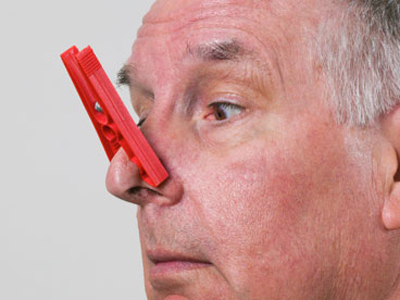TMR's picks from the top medical journals
TMR has kept an eye on the top medical journals over the past fortnight. Here’s what we found:
Season can affect diabetes
Women whose babies are conceived in winter are more likely to develop gestational diabetes during pregnancy, Adelaide University research shows.
The study, involving more than 60,000 births in South Australia over a five-year period, found 6.6% of women who conceived in winter developed gestational diabetes, compared with 5.4% for summer conceptions.
This is the first population-based study of its kind to confirm a seasonal variation in gestational diabetes.
“Previous studies have suggested that meteorological factors, physical activity, diet and vitamin D are risk factors for gestational diabetes, all of which are impacted by the winter season,” the authors said.
“Not only should our results be confirmed in other populations, future research should also investigate other factors that vary with season.”
BMJ Diabetes Research & Care; online 16 Nov
HRT aids bone structure
Hormone therapy for menopausal symptoms not only improves bone mass, but also bone structure, according to Swiss research.
The study of 1279 women, aged 50 to 80, found that current hormone therapy was associated with a significantly higher Trabecular Bone Score compared with past or never users.
A higher score indicates better quality and microarchitecture of the underlying bone structure and has been shown to predict the risk of fracture in postmenopausal women.
Bone-mass density values were also significantly higher in current users compared with past and never users of menopausal hormone therapy, the study found.
The bone-health benefits persisted for two years after treatment ended.
J Clin Endocrinol Metab 2016, online 17 November
Better nurses, fewer deaths
Reducing skilled nurses in hospitals is linked to preventable deaths, according to a study of acute care in hospitals across Belgium, England, Finland, Ireland, Spain and Switzerland.
The lower the proportion of fully trained nurses, the higher the odds of mortality, reports of poor quality and safety, as well as low patient satisfaction, the authors found.
Every 10-percentage point reduction in the proportion of professional nurses was equivalent to an 11% increase in the odds of death after general surgery.
So despite budget constraints, substituting lower qualified personnel for professional nurses should be cautioned against, the authors said.
BMJ Qual Saf 2016; online 15 November
Alzheimer’s and olfaction
An acute sense of smell, or rather lack of it, may help with more accurate identification of individuals who are at greater risk of Alzheimer’s disease, research shows.
Alzheimer’s can negatively affect the brain circuits that control olfaction, and studies have suggested that such neurodegeneration can arise more than a decade before the onset of memory problems.
The study of more than 180 older adults found those who performed poorly on tests designed to determine effectiveness of odour detection were more likely to show thinning in the hippocampus and the entorhinal cortex – changes previously associated with Alzheimer’s disease.


